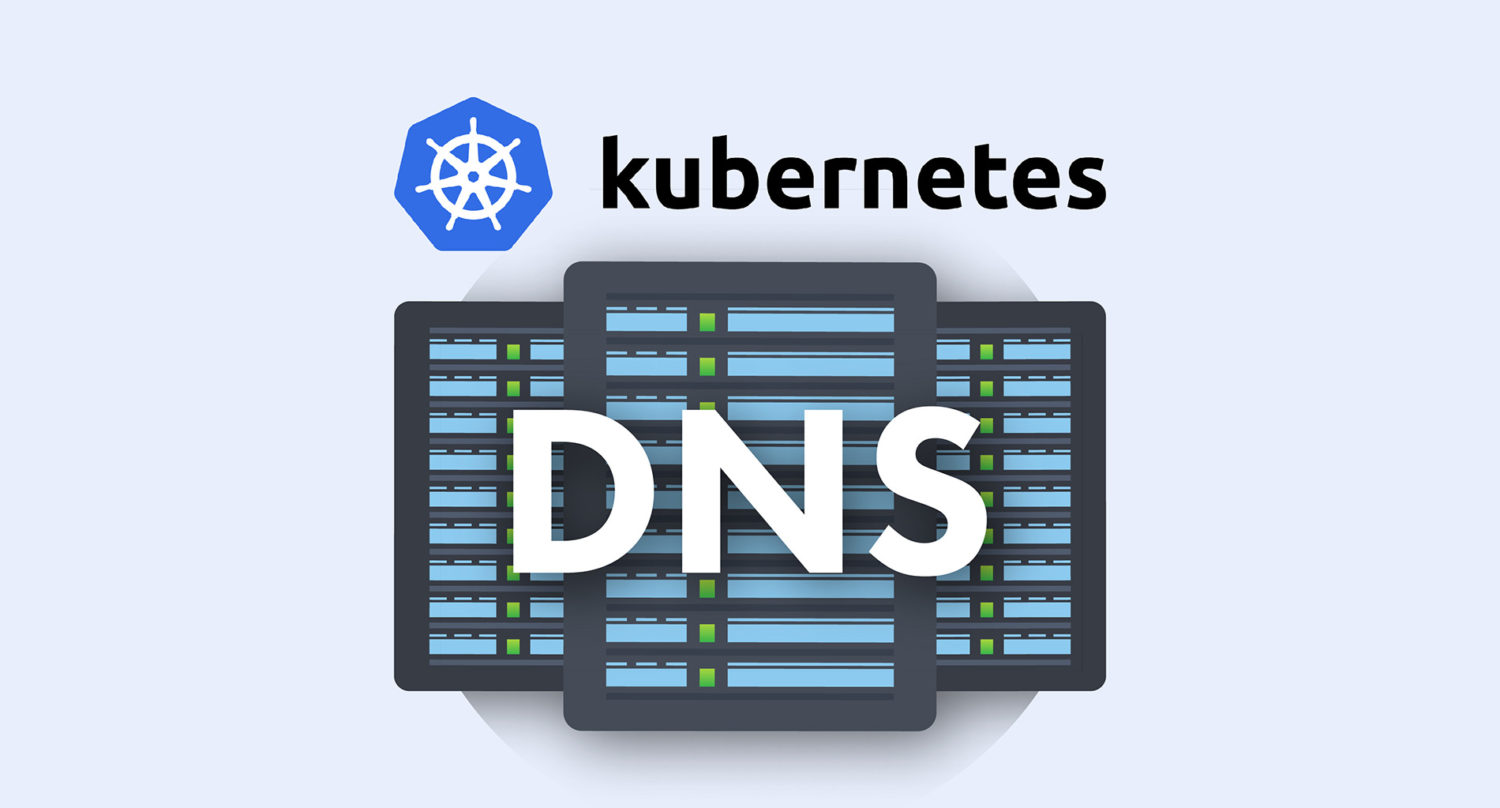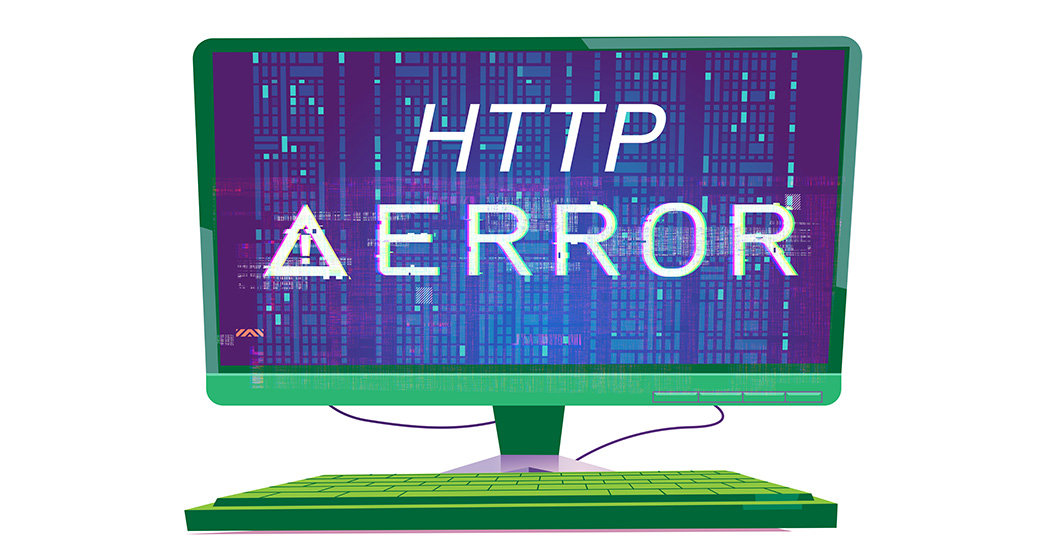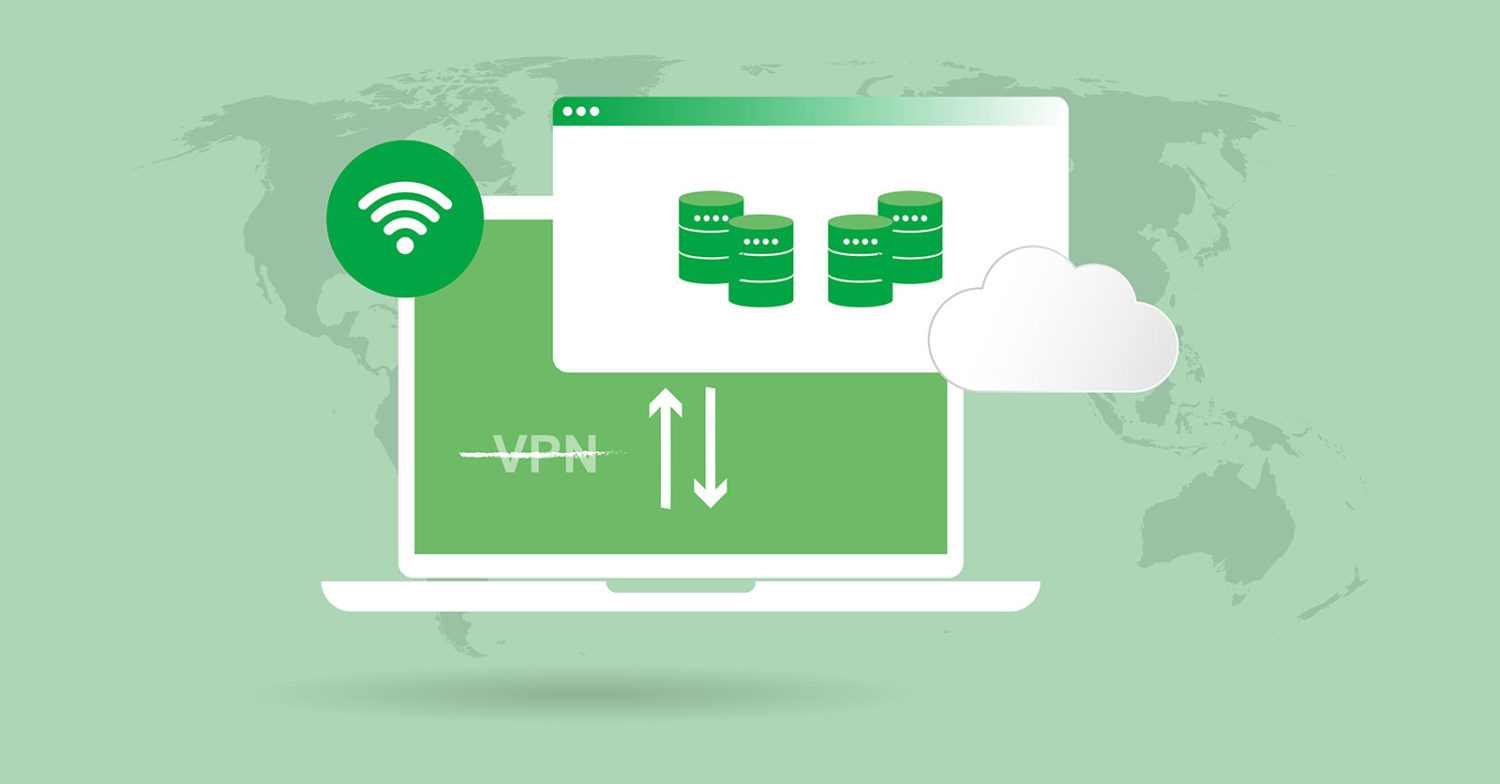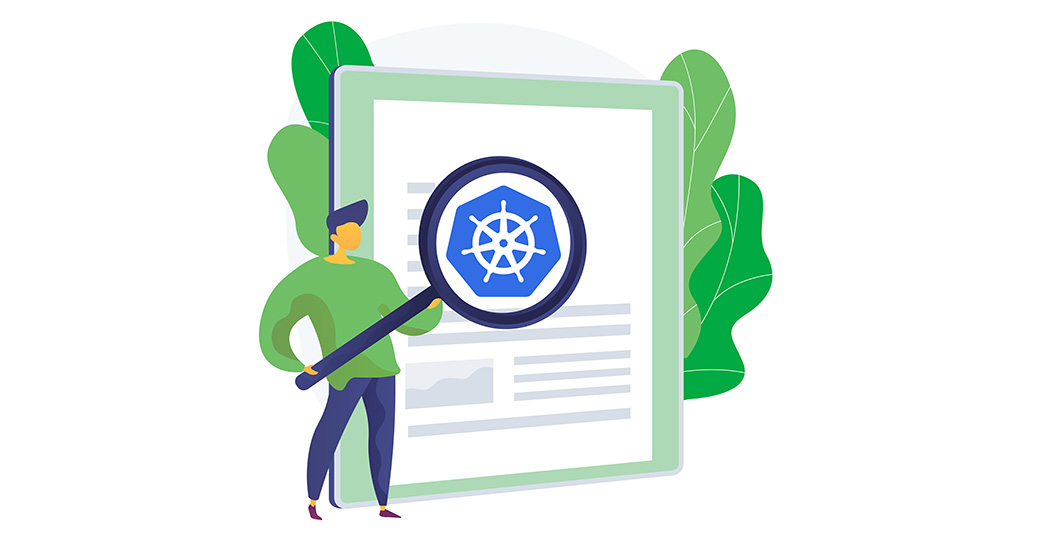Kubernetes, also known as K8s, is an open-source orchestration system for automating deployment, scaling, and managing containerized applications. Its portability, flexibility, and automatic scaling capabilities make it an extensively used system. Above all the standout features, the option to create DNS records for services and pods makes it unbeatable from other software systems. Kubernetes DNS service allows you to contact …
Troubleshooting Common HTTP Error Codes
Any web server receiving an HTTP request is responded to with an HTTP status code. These codes are short notes from the server describing the situation. It doesn’t contain any actual site content. Instead, it’s a report of how things went after receiving the HTTP request. In many situations, these codes are important to diagnose various server/client issues. These codes …
Routing Web Traffic without a VPN using SOCKS Tunnel
When it comes to securing your footprint on the web, you may have heard about VPNs, right? VPN acts as a middleman between your computer and the internet. All the traffic passes through the VPN server, effectively masking your IP address and location. However, VPN isn’t the only form of a proxy server. SOCKS (Socket Secure) is a similar network …
How To Troubleshoot and Inspect Kubernetes Networking
Kubernetes is an open-source tool that is crucial in container orchestration. Kubernetes helps in orchestrating and managing clusters at scale across various cloud environments or even on-premise servers. A cluster is a set of hosts meant for running containerized applications and services. A cluster needs a minimum of two nodes to work – one master node and a worker node. …





